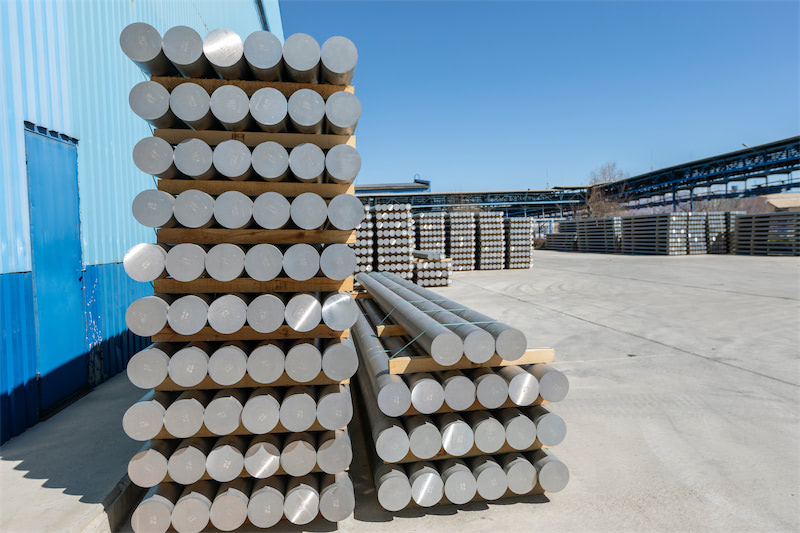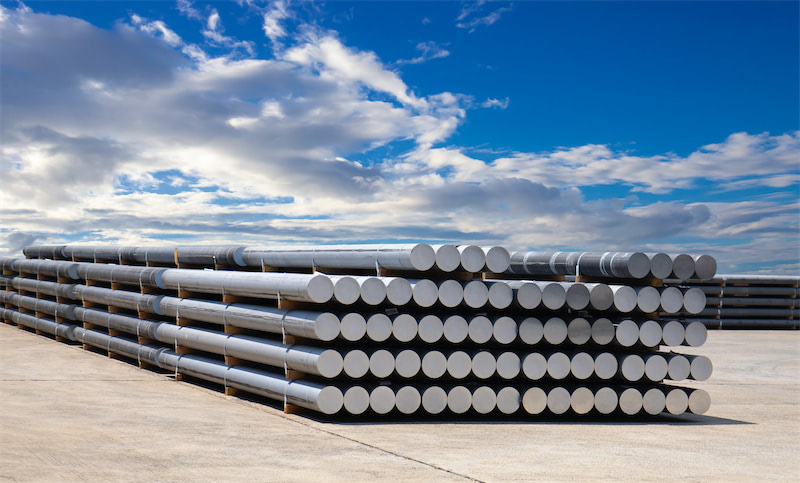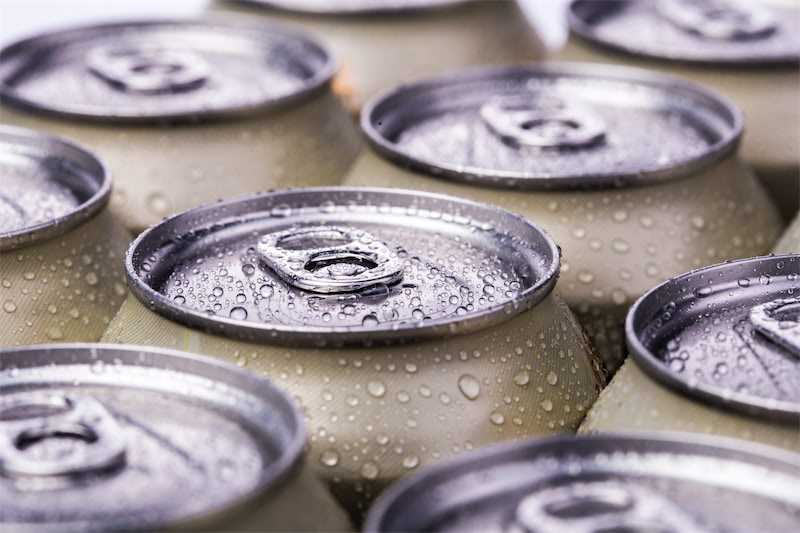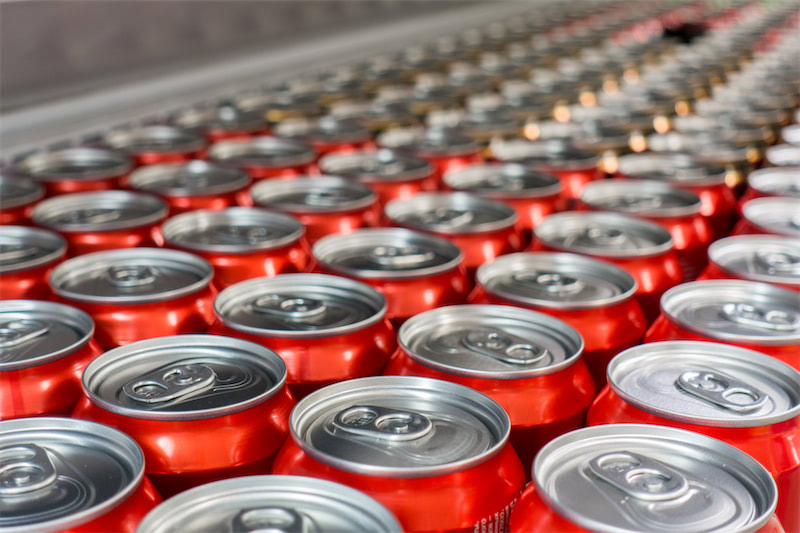European Aluminium, the leading association representing the entire European aluminium value chain, urgently calls on the EU to address the ongoing exclusion of major aluminium product categories from its sanctions regime on Russia. This stark disparity in action is evident when comparing the EU's stance to that of other G7 partners, such as the US, UK, and Canada, all of whom have already implemented sanctions on Russian aluminium ingots.
European Aluminium emphasises that a comprehensive ban should cover all principal categories of aluminium products—ingots, slabs, and billets. These categories comprise over 85 per cent of the EU's aluminium imports from Russia. Implementing this comprehensive ban is crucial for aligning the EU's actions with those of other G7 partners. A united stance is essential to effectively isolate the Russian regime economically and stop the financing of its aggression.
"It's getting harder and harder to justify the continued exclusion of aluminium ingots from the scope of EU sanctions on Russia. We could live comfortably without it, and we should. This continued omission has allowed Russia to bring in revenue of more than €3.5 billion over the last two years, directly contradicting the G7's commitment to cut Russian metal revenues," said Paul Voss, Director General at European Aluminium.
Since the onset of the conflict, the European aluminium industry has actively reduced its reliance on Russian aluminium. EU trade data shows that aluminium ingot imports from Russia decreased by 35 per cent last year, which has continued into early 2024. As a result, Russia's market share of the EU's aluminium ingot imports (HS 7601) has dropped to about 8 per cent, down from 25 per cent just a few years ago.
However, without the EU implementing comprehensive measures on Russian ingots, the industry's efforts to achieve complete decoupling will be hindered. The European value chain could easily replace the relatively small percentage of Russian metal with increased EU production and imports from other sources.
“Meanwhile, our downstream producers (e.g. extruders,rollers) in the EU are increasingly at a disadvantage compared to those in other G7 regions like the US, which is already shielded from the influx of semi-finished products made from discounted Russian metal ingots. We urgently need to address this gap to ensure a level playing field and live up to our international commitments. But most importantly, we must stop funding the Russian war machine with revenues from aluminium imports,” added Paul Voss.



